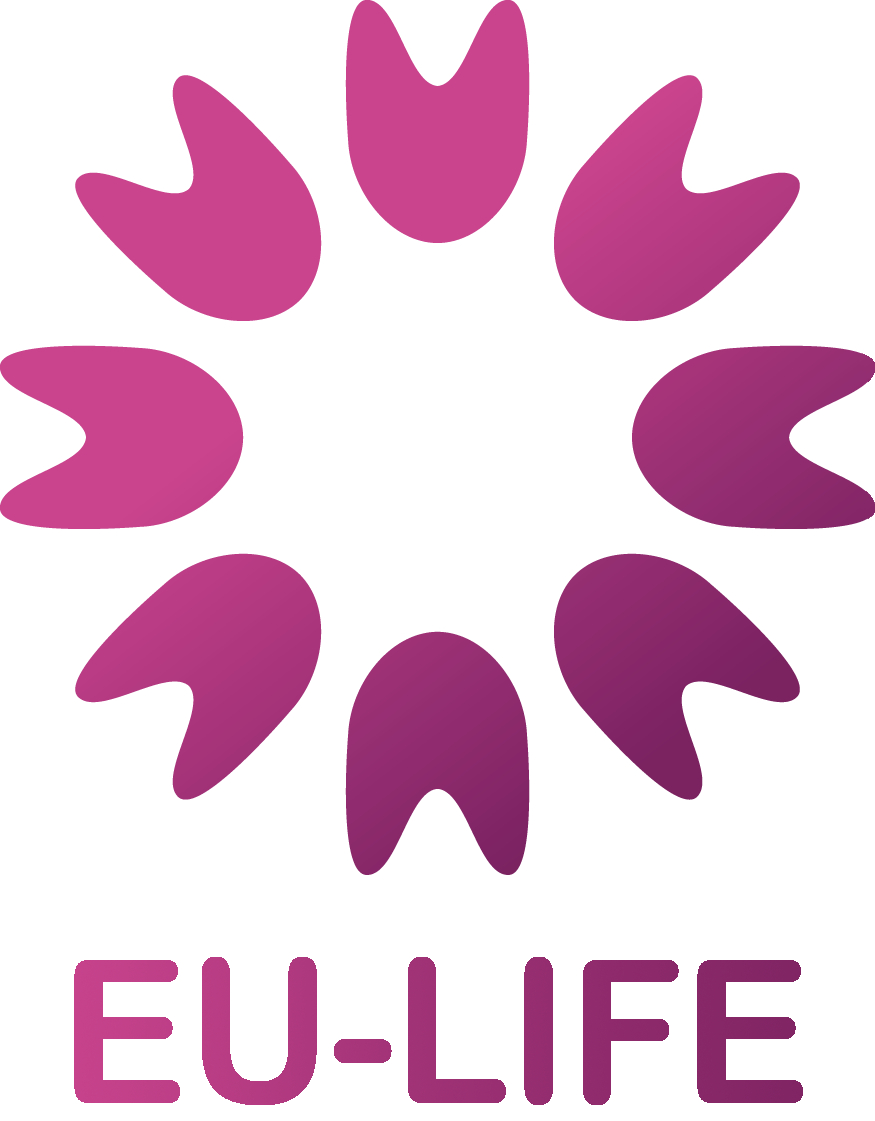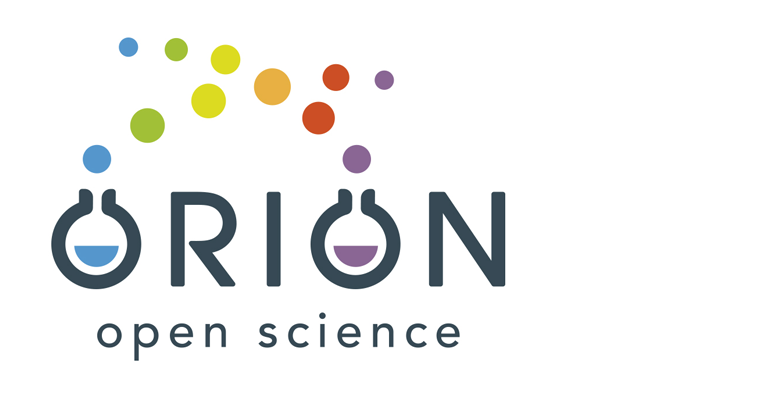Orion Open Science
Context
ORION stands for Open Responsible Research and Innovation to further Outstanding Knowledge. This 4-year project (from May 2017 to September 2021) has received funding from the European Union’s Horizon 2020 research and innovation programme under the Science with and for Society (SWAFS) Work Programme. The main aim of the SWAFS Programme, that EU-LIFE has been actively supporting, is to build effective cooperation between science and society. Open science is a core strategy of the European Commission that involves widening participation and collaboration as well as sharing research processes and outcomes to improve research and innovation.
Project
The project aims to trigger evidence-based institutional, cultural and behavioural changes in Research Funding and Performing Organizations (RFPOs), targeting researchers, management staff and high-level leadership. The long-term vision of the project is to “embed” Open Science and Responsible Research and Innovation (RRI) principles (ethics, gender, governance, open access, public engagement, and science education) in RFPOs, in their policies, practices and processes to organize and do research.
The core elements of the projects are based on:
- Benchmarking to analyse existing open science knowledge and practices and better understand the landscape.
- Co-creation experiments involving multiple stakeholders around three specific challenges: opening up the research engine; identifying risks and opportunities presented by disruptive technologies; and running citizen science projects in fundamental research.
- Training by developing and running training for researchers and professional staff at funding agencies on RRI and Open Science concepts, practices and tools.
Outcomes
The ORION project engaged many different types of stakeholders in the project including research and funding organisations, citizens, policy makers, and industry. The project also developed activities such as public dialogues, co-created games and educational workshops that involved stakeholder engagement, which is essential to creat real impact with open science projects.
ORION identified drivers and barriers, interests and values, as well as produce “prototypes” in the form of new citizen projects, new research strategies, new funding frameworks and training materials.
The main topics discussed during the ORION final conference, held on 27-28 September 2021 with the aim to review the project's achievements and share key lessons and experiences, were:
- Legacy and sustainability
- The fact that integrating open science fully is a very rewarding but slow process
- Awareness and adoption of open science is accelerating in Europe
- Conditions required to adopt open science include top-down approaches in parallel to bottom-up approaches; literacy; institutional change; infrastructure; funding; and expertise.
- Institutional changes undertaken by ORION partners are documented in a collection of inspiring stories
EU-LIFE participation
EU-LIFE is an associated partner of this important and innovative project in the field of Open Science. Four of our members -CRG as a Project coordinator, MDC, CEITEC and Babraham Institute- are actually teaming up in this collaborative project under the SWAFS H2020 Programme.
Facts and Figures
9
project partners
17
Open Science Workshops
1
MOOC
22
episodes

